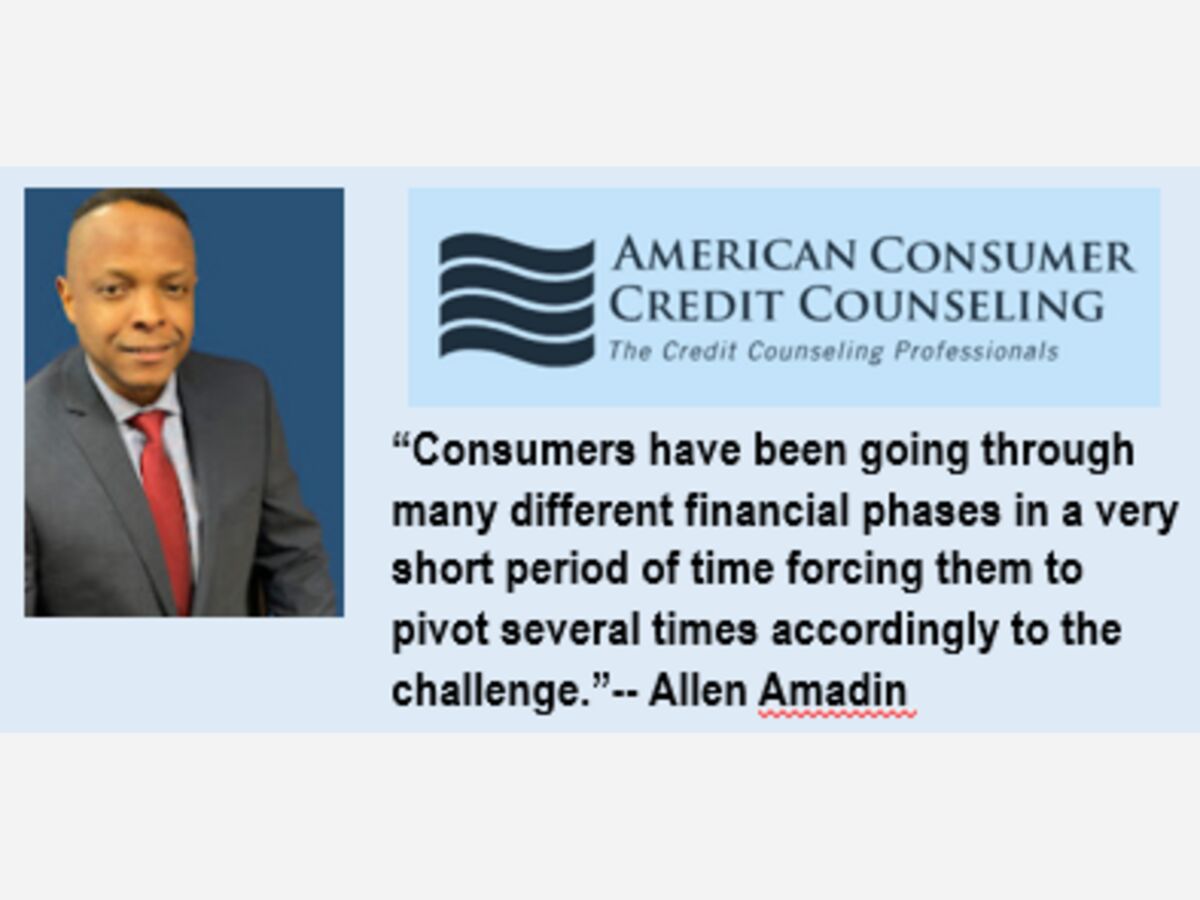Image

The high prices of everyday expenses due to record levels of inflation are not allowing Americans to put money aside for emergencies or long-term financial goals, according to the American Consumer Credit Counseling (ACCC) Financial Health Index for the Second Quarter of 2022.
The analysis of household financial health and readiness by ACCC, an organization based in Newton with offices across the US, indicates that nearly 40 percent of consumers polled cannot put any money at all into savings. The Q1 Financial Health Index found that 39 percent of respondents were impacted in some way by the rising cost of basic necessities on their family’s lifestyle. In June, the percentage of respondents impacted rose to 48 percent.
Less than 17 percent of respondents to the Q2 Financial Health Index survey said they were able to place more money into emergency savings than they did three months earlier. About 19 percent said they had to reduce their savings rate, while 38.54 percent indicated they have nothing left over for savings after paying for necessities and monthly bills.
“The pandemic, wars overseas and other world events have had unprecedented effects on our society when it comes to household finances,” said Allen Amadin, President and CEO of American Consumer Credit Counseling. “Consumers have been going through many different financial phases in a very short period of time forcing them to pivot several times accordingly to the challenge.”
This consumer spending shift has been already reflected in purchases. According to a report by the U.S. Census Bureau purchases of goods and services decreased 0.4 percent in May for the first time this year. Compared to May 2021, purchases decreased 8.1 percent.
As the U.S. works to recover from inflation by increasing interest rates, the supply chain disruptions, and geopolitical concerns surrounding the war in Ukraine, the threat of a recession is a reality. The recession would likely start next year according to a new survey of 49 U.S. macroeconomics experts conducted in June by the Financial Times and the Initiative on Global Markets, an economic policy and market research center at the University of Chicago.
Recession is not only in the experts’ minds. In this second quarter Financial Health Index, about 70 percent of respondents said they either feel “not so confident” or “not confident at all” in the U.S. economy. Nevertheless, the Federal Reserve efforts to impose high interests make borrowing more expensive, a measured way to curb consumer spending and ultimately get inflation under control.
“ACCC always recommends that consumers – even in the most difficult times – do their best to prioritize emergency savings accordingly as part of their overall financial plan,” said Katie Ross, Executive Vice President of American Consumer Credit Counseling. “Anything people can do to put money aside for emergencies or paying down debt will have an impact in the long run.”